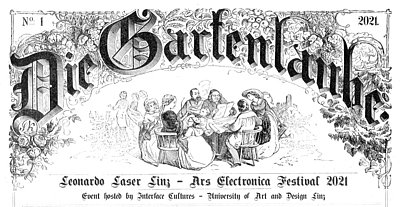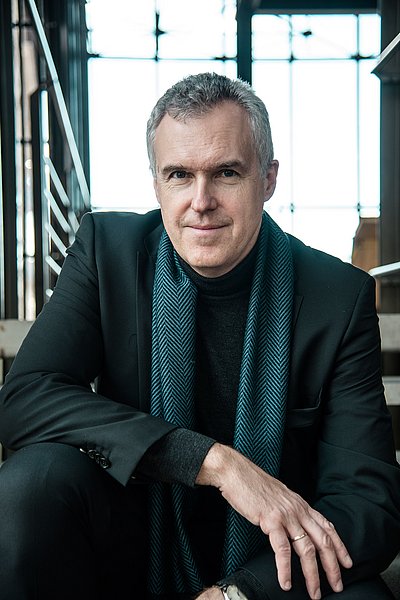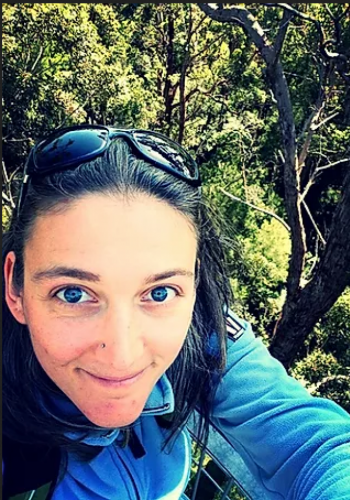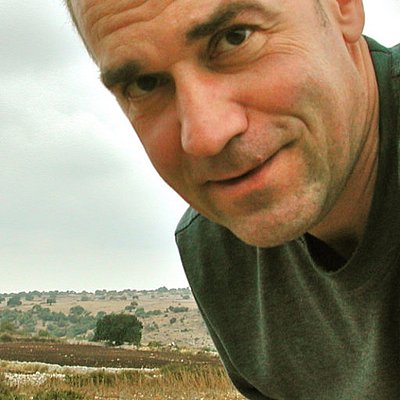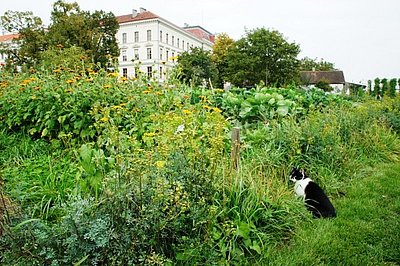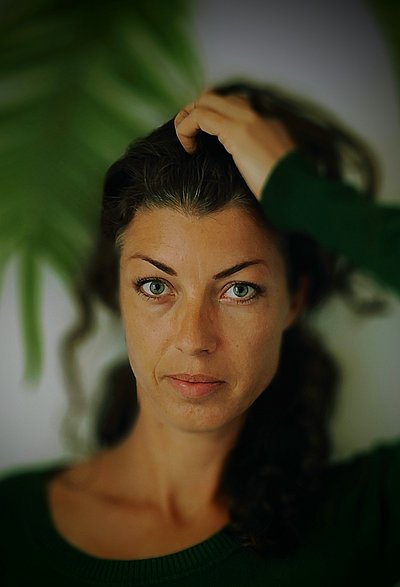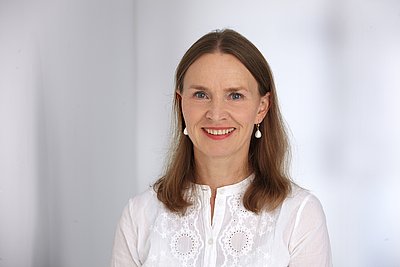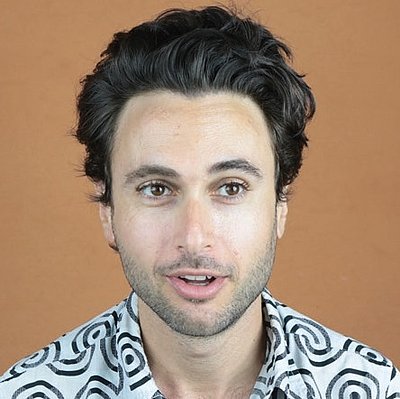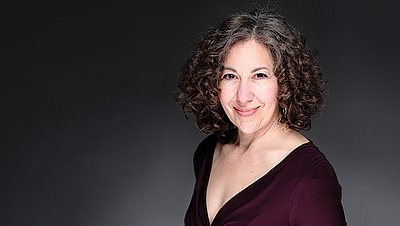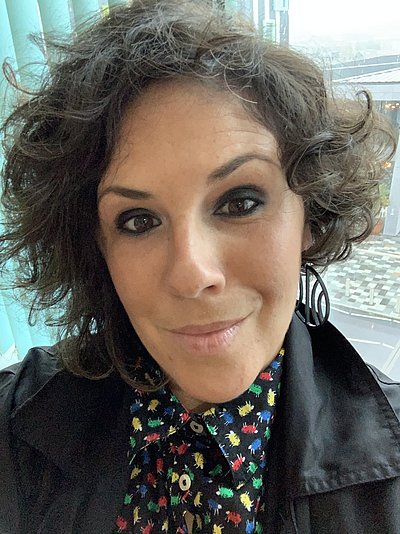LAUNCH LEONARDO LASER LINZ - Die Gartenlaube, The Garden Gazebo
10. September 2021, 14.00 bis 17.00 Uhr Kunstuniversität Linz, Hauptplatz 8, Innenhof, 4020 Linz
In September 2021, Linz is joining the Leonardo Art & Science Evening Rendezvous (LASER) network. This international program brings together artists, scientists, scholars and the general public for inspiring presentations and conversations. The LEONARDO LASER LINZ, hosted by the Interface Cultures department of the University of Art and Design Linz, will be held during the Ars Electronica Festival 2021.
For the LASER launch event, more sustainable ways of living, local and global environmental protection and artistic and scientific developments for a “climate-modern” future, will be given a special interdisciplinary focus. In a modernized “Gartenlaube,” themes such as Climate-Care, Climate-Digital and Climate-Social (as proposed by Christoph Thun-Hohenstein), will be debated and discussed. Other specific topics will be presented, including Interspecies Collaboration, The Mind of Plants, Herbal Pedagogy, Biodynamic Farming and an exploration and celebration of artistic and folk wisdom, to bring us all together for a "Gartenlaube Waltz".
PROGRAM
- Introduction to LASER (Leonardo Art Science Evening Rendezvous): Christiana Kazakou, Laser Talks Team (on site) and LEONARDO LASER LINZ Launch - Christa Sommerer & Fabricio Lamoncha, Interface Cultures, University of Art and Design Linz (on site)
- "Climate Care and Why We Need the Arts" - DDr. Christoph Thun-Hohenstein, Vienna Biennale for Change, Vienna (on site)
- "The Mind of Plants" - Dr. Monica Gagliano, Evolutionary Ecology, Biological Intelligence Lab, Southern Cross University, Australia (online or video)
- "Plants, botanical collections and their implications on culture and art" - Dr. Martin Pfosser, Biologiezentrum O.Ö Landeskultur G.m.b.H. (on site)
- "Biodynamic Farming" - Leisenhof Gärtnerei, Linz (video)
- "Cultural Connotations of Plants" - Mag. Gabriele Winkler, Ethnobotanist, Eferding (on site)
- "Seeing Plants through Art" - Dr. Christa Sommerer, Interface Cultures, University of Art and Design Linz (on site)
- "Interspecies Collaboration" - Fabricio Lamoncha, Interface Cultures, University of Art and Design, Linz (on site)
- Discussion
- Q&A
- Gartenlaube Waltz with Herbal Drinks
This event will be streamed online via the Youtube Channel of the University of Art and Design Linz
SPEAKERS
Christoph Thun-Hohenstein (born 1960) is Head of the VIENNA BIENNALE FOR CHANGE, which he initiated in 2015. He has been General Director and Artistic Director of the MAK – Austrian Museum of Applied Arts from September 2011 (until August 2021). While working for the Austrian Foreign Ministry, he held posts in Abidjan, Geneva, and Bonn. He was Director of the Austrian Cultural Forum New York from 1999 to 2007, after which he served as Managing Director of departure, the Creative Agency of the City of Vienna, until August 2011. Christoph Thun-Hohenstein has published on topics dealing above all with European integration, contemporary arts and culture, and climate care, and has held numerous lectures on these topics.
Monica Gagliano is a Research Associate Professor in evolutionary ecology at Southern Cross University where she directs the Biological Intelligence (BI) Lab as part of the Diverse Intelligences Initiative of the Templeton World Charity Foundation. She has pioneered the brand-new research field of plant bioacoustics, for the first time experimentally demonstrating that plants emit their own ‘voices’ and detect and respond to the sounds of their environments. Her work has extended the concept of cognition (including perception, learning processes, memory) in plants. Her latest book is Thus Spoke the Plant (North Atlantic Books, 2018).
Martin Pfosser holds a PhD in Genetics and Botany. He publishes on plant systematics and molecular evolution of plants and conceives and designs exhibitions on botany and the domestication of plants. He is the head of Botanical Collections at the Biocenter, OÖ Landes-Kultur GmbH, in Linz Austria.
The Leisenhof horticulture is situated in Linz, right at the base of the Pöstlingberg mountain. It was founded in 1900 as a farming and gardening estate of the priest seminary Petrinum. While most of the farming activities were stopped in the consecutive years, the nursery, with its 0,75 ha remained and switched to biological cultivation methods in 1980. Since 2005 the Leisenhof horticulture became a Demeter enterprise, adopting purely bio-dynamic farming principles. Besides growing, selling and processing vegetables, fruits and herbs on site, organic and Demeter seeds are also cultivated for the company Reinsaat.
Gabriele Winkler alias Flora Fabulosa graduated in cultural anthropology at the University of Vienna and has spent several months in the tropical rainforests of the Amazon basin in South America. Today, she works as ethnobotanist and permaculturist in Upper Austria, where she passes on her knowledge about the “wild greens” and their uses with great passion at various educational institutes, schools, kindergartens as well as private groups. Flora Fabulosa: interactive infotainment in ethnobotany and phytotherapy.
Christa Sommerer is an internationally renowned media artist, researcher and pioneer of interactive art. She originally studied botany and anthropology before completing a study in sculpture in Vienna. She later studied with media art pioneers Peter Weibel and Roy Ascott. In her artistic practice she deals with ecological and biological topics, aiming to raise awareness about plants and the environment through art. Since 30 years she collaborates with media artist and professor Laurent Mignonneau. In 2004 they set up the department of Interface Cultures at the University of Art and Design in Linz, Austria.
Fabricio Lamoncha is an artist, designer and researcher. His practice explores the entanglements of media ecology and bioethics. After graduating at the University of Art and Design in Linz, he joined the Design Research Lab at UdK in Berlin, led by Professor Gesche Joost. Since 2016 he is Assistant Professor at the Interface Cultures master program where he started his PhD research under the supervision of Professor Christa Sommerer. He is also a member of the UCLA’s Art|Sci Center, led by Professor Victoria Vesna. He exhibited internationally and was awarded with the Art and Artificial Life International Award Vida14.
Diana Ayton-Shenker is CEO, Leonardo/ISAST, ASU Professor & Director of ASU-Leonardo. Author of 4 books (including New Global Agenda) and co-creator of large-scale AR public art installations (New Babel, New World City) with William T. Ayton, she received 2012 Foundation’s 2020 Visionary Award. As Fast Forward Fund founder, she was honored by Pres. Clinton, named #1 of “25 Leading Women Changing the World” (Good Business NY), and featured in “31 Inspiring Women in Nonprofit Management” (UNC).
Christiana Kazakou is the LASER Program Lead, LEONARDO/ISAST. She is also a researcher, curator, producer & artist; acting, performing & reflecting trans geographically. Her research with i-DAT, currently funded by the Arts & Humanities Research Council (UK), explores transdisciplinary curatorial models and spatial trajectories within the art & science discourse. Following her studies on Art & Science (MA) at Central Saint Martins in London; she works for numerous innovative companies, networks, festivals, cultural organisations, NGO’s and social enterprises whose activities engage across the spectrum of the arts, sciences, technology and society.
The Leonardo/ISAST LASERs are a program of international gatherings that bring artists, scientists, humanists and technologists together for informal presentations, performances and conversations with the wider public. The mission of the LASERs is to encourage contribution to the cultural environment of a region by fostering interdisciplinary dialogue and opportunities for community building to over 40 cities around the world. To learn more about how our LASER Hosts and to visit a LASER near you please visit our website.
